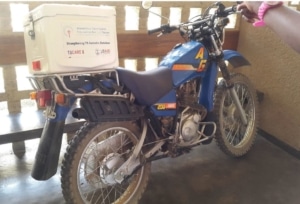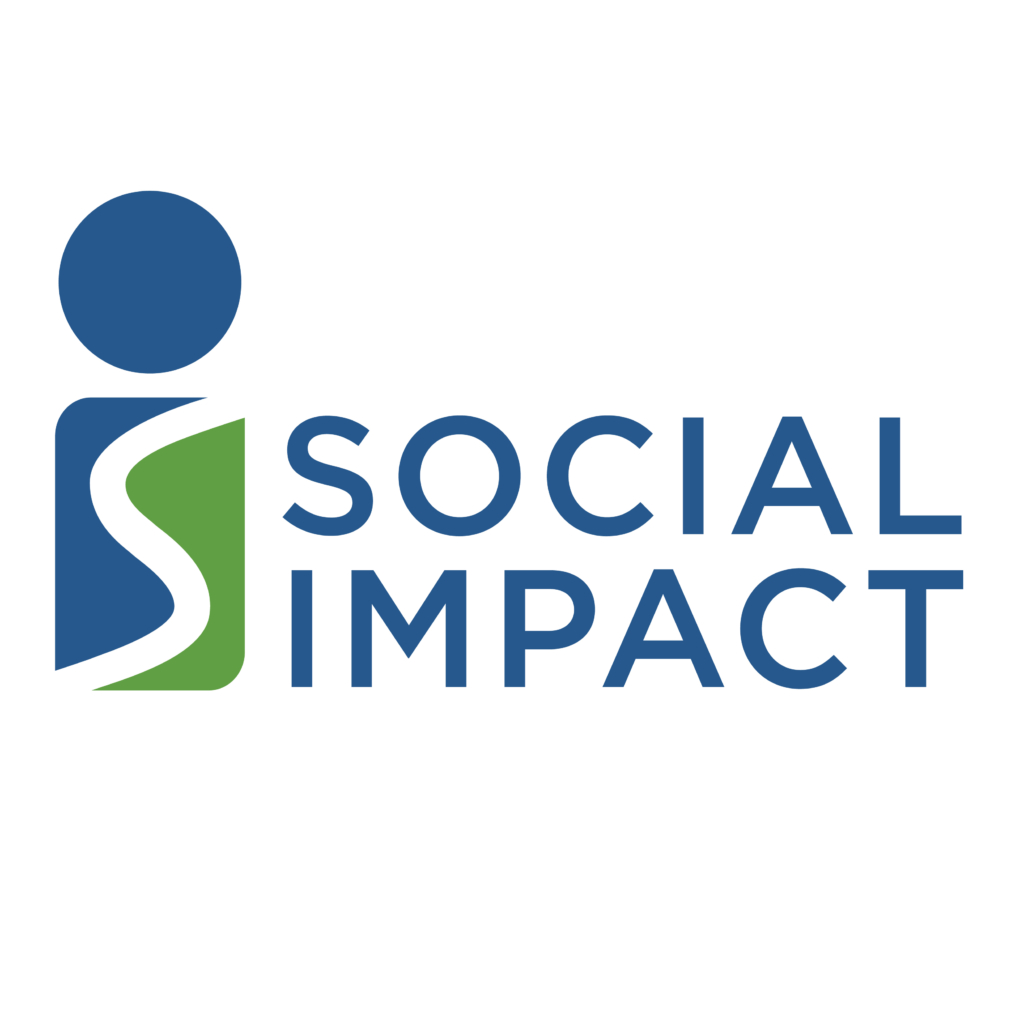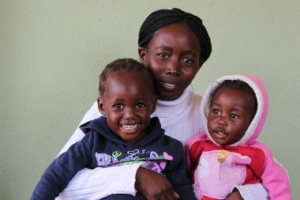Projects:
Social Impact’s conducted performance evaluation of the following USAID/Zimbabwe health programs
- Strengthening Private Sector Services (SPSS)
- The Tuberculosis (TB) CARE Medical Specimen Transport System
- Maternal and Child Health Integrated Program (MCHIP)
Goal:
To provide USAID/Zimbabwe with a detailed analysis of each program’s effectiveness and provide useful recommendations for improving these and similar programs in the future.
Activities:
SI used a mixed-methods approach for each project, including a document review followed by quantitative and qualitative analyses. Conducting fieldwork across the country, evaluation teams collected data using key informant interviews, focus groups, surveys, site visits, workshops, and administrative records.
Results:
The quality data collection and detailed analysis of the performance evaluations provided USAID/Zimbabwe with an understanding of factors contributing and hindering success. The results helped USAID/Zimbabwe chart their progress and make informed decisions.
Strengthening Private Sector Services (SPSS)
- SI found that the project increased HIV testing and counseling uptake figures through increasing the number of outreach teams providing services to underserved communities, intensifying and diversifying demand creation campaigns, and spearheading voluntary medical male circumcision.
- Given the effectiveness of community mobilizers and mass media campaigns to create awareness and demand for services, SI recommended that adequate funding should be dedicated to these labor and resource intensive strategies.
Tuberculosis (TB) CARE Medical Specimen Transport System
- The TB CARE medical specimen transport system strengthened the diagnosis of tuberculosis and other diseases in the supported areas of Zimbabwe. Through decentralization of services, the project improved access to diagnostic services and reduced the turn-around time of laboratory results.
- Due to the success of this program SI’s recommendations focused on the sustainability of the program including: maintain the streamlined management, continue to lobby for additional funds, and to consider a staggered phase-in.
- The Ministry of Health in Zimbabwe used the evaluation report in a proposal to the Global Fund to obtain additional funding for scaling up the specimen transport system.
- By a year after the completion of the evaluation, national scale-up was under way and expansion to two additional districts had been completed.
- Implementers and health sector stakeholders took up key recommendations from the evaluation, including specimen collection SOPs for health facilities, labs, and couriers, and improving courier allocation in hard-to-reach rural areas.
- The report was used by USAID/Zimbabwe to increase funding for specimen transport in the follow-on Challenge TB (CTB) program, and to plan for annual reviews of gaps to inform scale-up and follow-on funding requests.
- As part of the follow-on project, the implementers have taken up a key report recommendation to plan for transferring ownership of the program to local institutions.
- USAID/Washington used the results of the evaluation for advocacy and planning, and as a model to develop specimen transport systems in other countries, including for programs beyond TB. The results were highlighted in a Congressional report on TB and in discussions with other USG partners in the context of the Global Health Security Agenda.
Maternal and Child Health Integrated Program (MCHIP)
- The program’s innovative approach was found to have resulted in change, modernization and renewal and even a transformation in the way staff in targeted facilities operate.
- At baseline 14 of the 17 participating health facilities in the two learning districts scored “0” in meeting maternal and newborn health (MNH)-related performance standards; the highest score was 50 percent. Three years later, 12 of the 17 facilities have achieved over 80 percent of MNH performance standards.
- SI’s evaluation found that effective working relationships between the Ministry, donor, and NGO partners were a major factor in MCHIP’s success.
Resources:
Zimbabwe’s Challenge TB (CTB) Year 1 work plan builds on gains made over past decade
Contact: [email protected]


